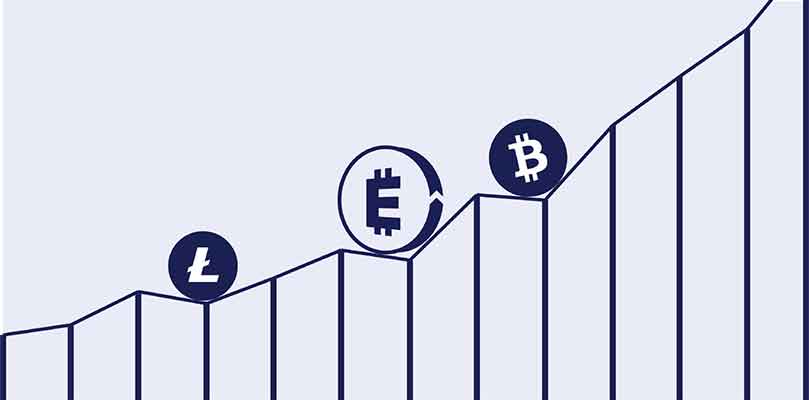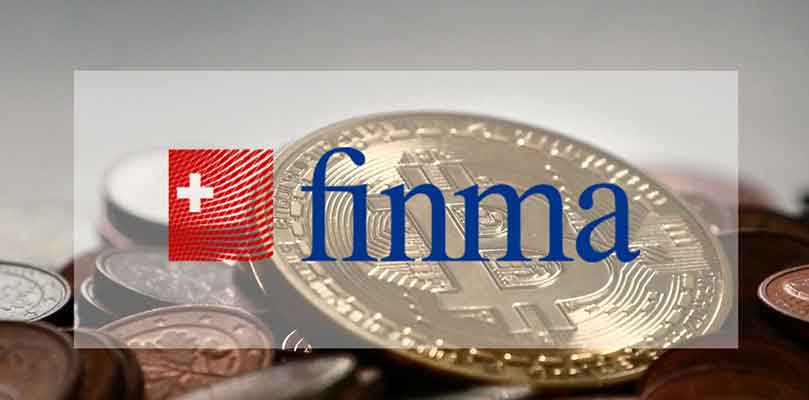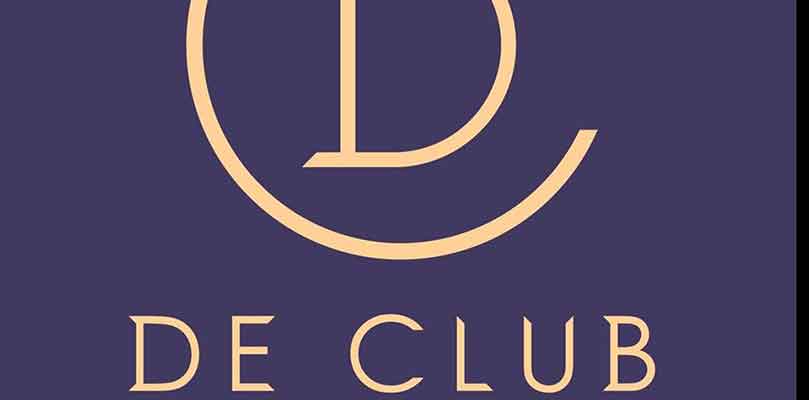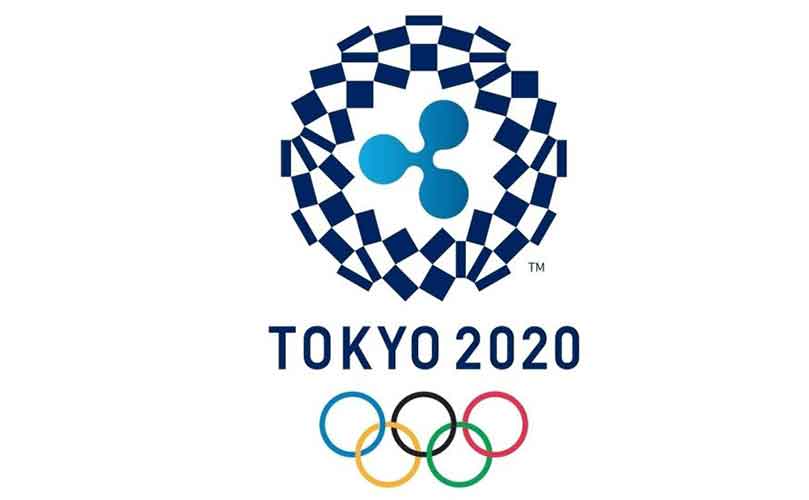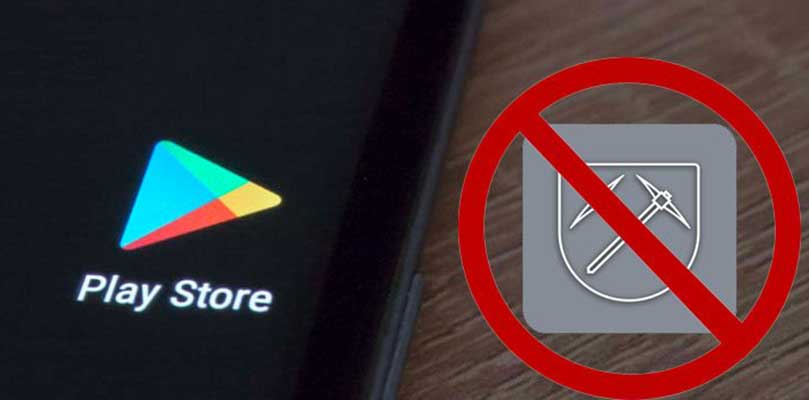The price of a number of cryptocurrencies including bitcoin, which is considered to be the mother of all cryptocurrencies, took big hits in 2018 amid the prolonged Crypto Winter. Even though there is no guarantee that it cannot get any worse than it did in the just concluded year, many investment analysts and financial market experts are expecting the volatility to subside significantly this year largely due to the entry of institutional investors. In fact, according to a report the Australian Financial Review some analysts even believe that bitcoin may make a comeback that will be fueled by the momentum created by institutional investors.
Over the summer of 2018, Wall Street was stunned by the news that some multi-billion-dollar endowments of Harvard, Yale and Stanford had decided to invest in digital currencies. Analysts believe that due to the herd mentality of most institutions, the move is likely to trigger a chain reaction of sorts among other institutional investors like pension funds. This influx of institutional investors was expected to pick up in a major way in late 2018 but the harsh bear market that affected nearly all digital currencies stalled most of the efforts – a number of the institutions were reportedly scared off by the protracted downturn of the crypto market which is an understandable move especially for organizations operating within that particular space.
Financial analysts have projected that, as Wall Street appears to be poised to even more turbulence in 2019, organizations may begin to consider crypto assets even more seriously – these assets are not buoyed since they have no correlation to the regular stock market and this makes a pretty good investment, especially during volatile periods.
Will Crypto Finally be Legitimized?
Well, many observers believe that, as it stands, mainstream adoption hinges on regulatory clarity to help legitimize the market. Regulation is already a big deal and has been defined by the move by US lawmakers in December 2018 to propose legislation that was designed to prevent bitcoin price manipulation and position the United States as a market leader in the crypto space. The US is being encouraged not to ignore the “profound potential” of crypto to bolster the country’s economy and this might just be what is needed to have digital currencies legitimized. The industry is putting a lot of effort into advancing the agenda of mainstream adoption of crypto most by greasing the wheels of Congress.
Unfortunately, there are some setbacks that may still impede the growth of the sector and one of the most serious ones is the scalability. As it stands, most platforms would need about a year to figure out concrete solutions to scaling, but until then let’s hope that the Lightning Network grows further and, hopefully, achieves its full potential.
